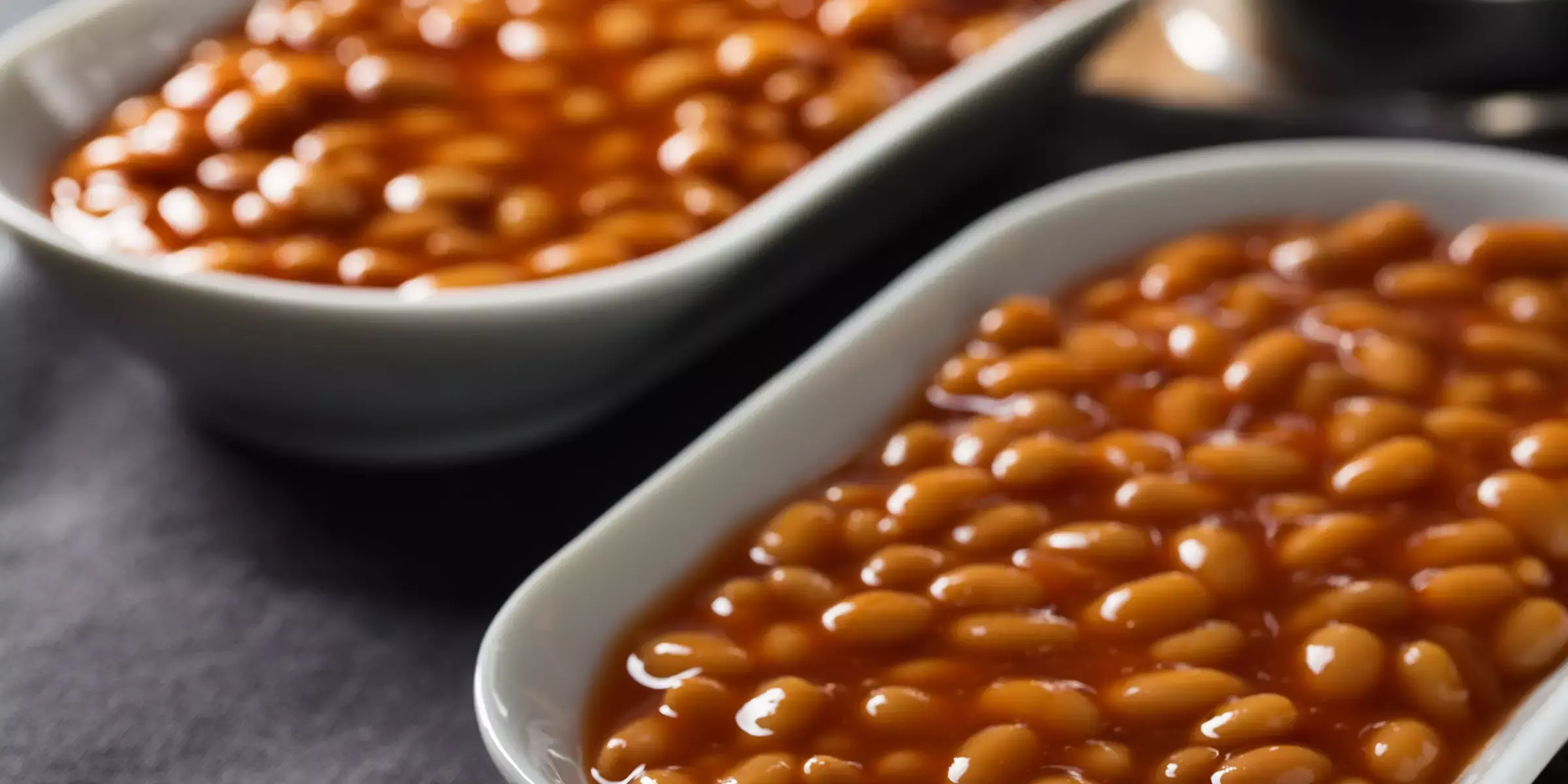- Home
- Medical news & Guidelines
- Anesthesiology
- Cardiology and CTVS
- Critical Care
- Dentistry
- Dermatology
- Diabetes and Endocrinology
- ENT
- Gastroenterology
- Medicine
- Nephrology
- Neurology
- Obstretics-Gynaecology
- Oncology
- Ophthalmology
- Orthopaedics
- Pediatrics-Neonatology
- Psychiatry
- Pulmonology
- Radiology
- Surgery
- Urology
- Laboratory Medicine
- Diet
- Nursing
- Paramedical
- Physiotherapy
- Health news
- Fact Check
- Bone Health Fact Check
- Brain Health Fact Check
- Cancer Related Fact Check
- Child Care Fact Check
- Dental and oral health fact check
- Diabetes and metabolic health fact check
- Diet and Nutrition Fact Check
- Eye and ENT Care Fact Check
- Fitness fact check
- Gut health fact check
- Heart health fact check
- Kidney health fact check
- Medical education fact check
- Men's health fact check
- Respiratory fact check
- Skin and hair care fact check
- Vaccine and Immunization fact check
- Women's health fact check
- AYUSH
- State News
- Andaman and Nicobar Islands
- Andhra Pradesh
- Arunachal Pradesh
- Assam
- Bihar
- Chandigarh
- Chattisgarh
- Dadra and Nagar Haveli
- Daman and Diu
- Delhi
- Goa
- Gujarat
- Haryana
- Himachal Pradesh
- Jammu & Kashmir
- Jharkhand
- Karnataka
- Kerala
- Ladakh
- Lakshadweep
- Madhya Pradesh
- Maharashtra
- Manipur
- Meghalaya
- Mizoram
- Nagaland
- Odisha
- Puducherry
- Punjab
- Rajasthan
- Sikkim
- Tamil Nadu
- Telangana
- Tripura
- Uttar Pradesh
- Uttrakhand
- West Bengal
- Medical Education
- Industry
Baked Beans Reduce ApoB-100 Levels, finds study

Common bean (Phaseolus vulgaris L.) consumption is associated with multiple health benefits, including preventing and managing obesity, type 2 diabetes, cancer and cardiovascular diseases. A recent study suggests that daily intake of common bean baked snacks (CBBS) reduces the blood levels of apolipoprotein B-100. The study findings were published in the journal Nutrients on October 29, 2021.
Snack alternatives based on common beans (Phaseolus vulgaris L.) have been developed to promote pulse consumption. However, snack's health benefits must be scientifically validated to proclaim them as functional foods. Therefore, Dr Alejandro Escobedo and his team conducted a study to evaluate the chemical composition, sensory acceptance and the effect of CBBS consumption on blood lipid levels in participants with overweight and altered blood lipid levels.
It was a randomized crossover 2 × 2 four-week intervention study in which the researchers included a total of 20 participants with overweight and one blood lipid alteration. The participants who were made to consume 32 g of CBBS were determined as a test group and those who did not consume it were determined as a control group.
The researchers evaluated the CBBS for overall acceptance, appearance, crispness and hardness by 80 untrained consumers using a five-point hedonic scale as follows:
◊ 5—like very much,
◊ 4—like,
◊ 3—neither like nor dislike,
◊ 2—dislike,
◊ 1—dislike very much.
They evaluated the blood samples to quantify the triglycerides, total cholesterol, LDL-c, HDL-c, ApoB-100, glucose and insulin. They also recorded anthropometric, dietary and physical activity parameters.
Key findings of the study were:
- Upon analysis, the researchers found that the overall acceptance of CBBS was similar compared to popcorn.
- However, they noted that the consumption of CBBS reduced the apolipoprotein B-100 levels.
- They mentioned that this reduction could be associated with the additional dietary fibre consumption during the CBBS period.
The authors concluded, "The daily consumption of 32 g of a highly nutritious and sensory accepted common bean baked snack (CBBS) reduces the blood levels of apolipoprotein B-100; this could positively influence cardiovascular health. The additional dietary fibre intake supports this reduction. Although it did not improve any other blood lipid parameters, it did not negatively affect them, suggesting that the CBBS could be consumed without compromising cardiovascular health. Similar and more extensive studies need to be conducted on other populations to ratify its effectiveness. These findings should encourage the development of pulse-based snacks as they are healthier snack alternatives."
For further information:
Medical Dialogues Bureau consists of a team of passionate medical/scientific writers, led by doctors and healthcare researchers. Our team efforts to bring you updated and timely news about the important happenings of the medical and healthcare sector. Our editorial team can be reached at editorial@medicaldialogues.in.
Dr Kamal Kant Kohli-MBBS, DTCD- a chest specialist with more than 30 years of practice and a flair for writing clinical articles, Dr Kamal Kant Kohli joined Medical Dialogues as a Chief Editor of Medical News. Besides writing articles, as an editor, he proofreads and verifies all the medical content published on Medical Dialogues including those coming from journals, studies,medical conferences,guidelines etc. Email: drkohli@medicaldialogues.in. Contact no. 011-43720751


